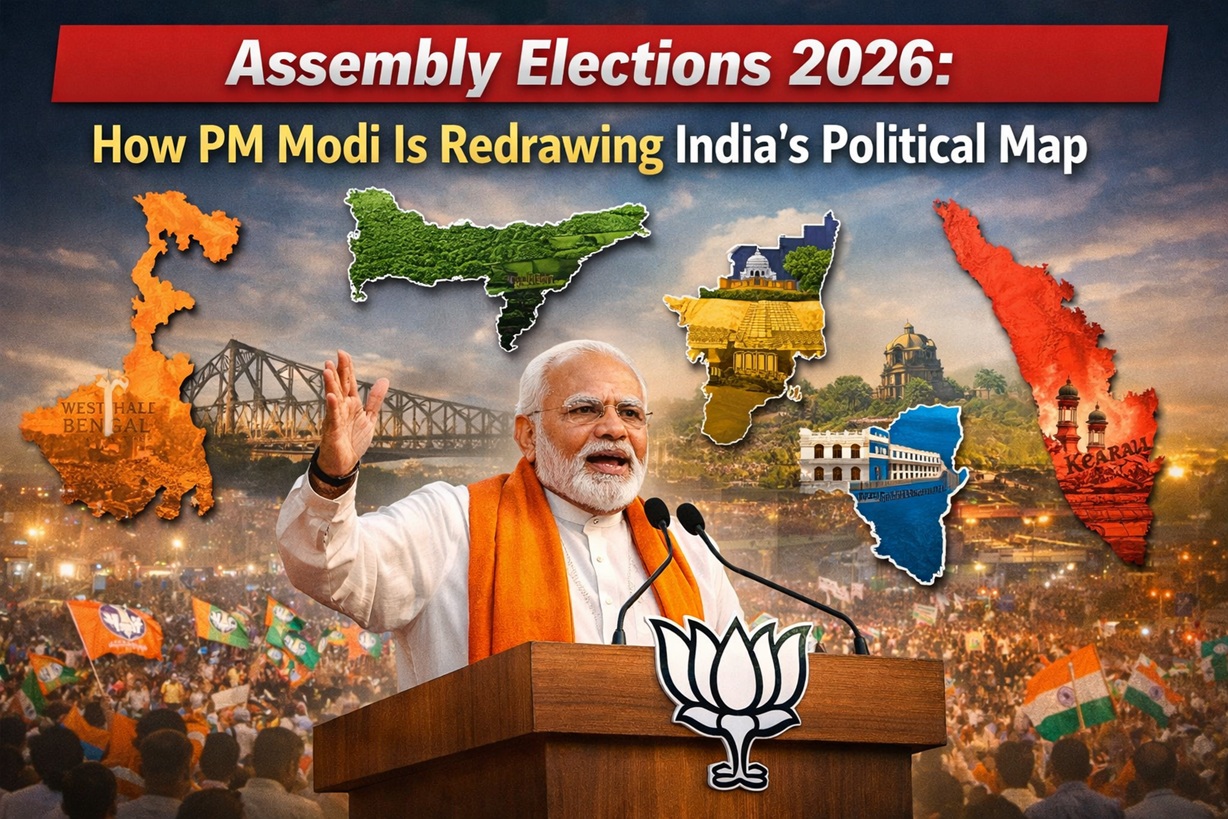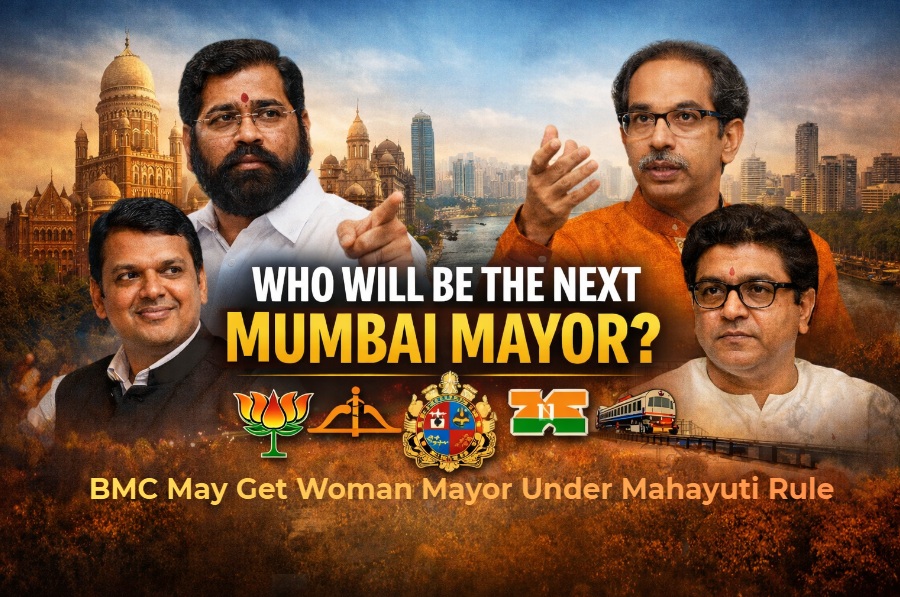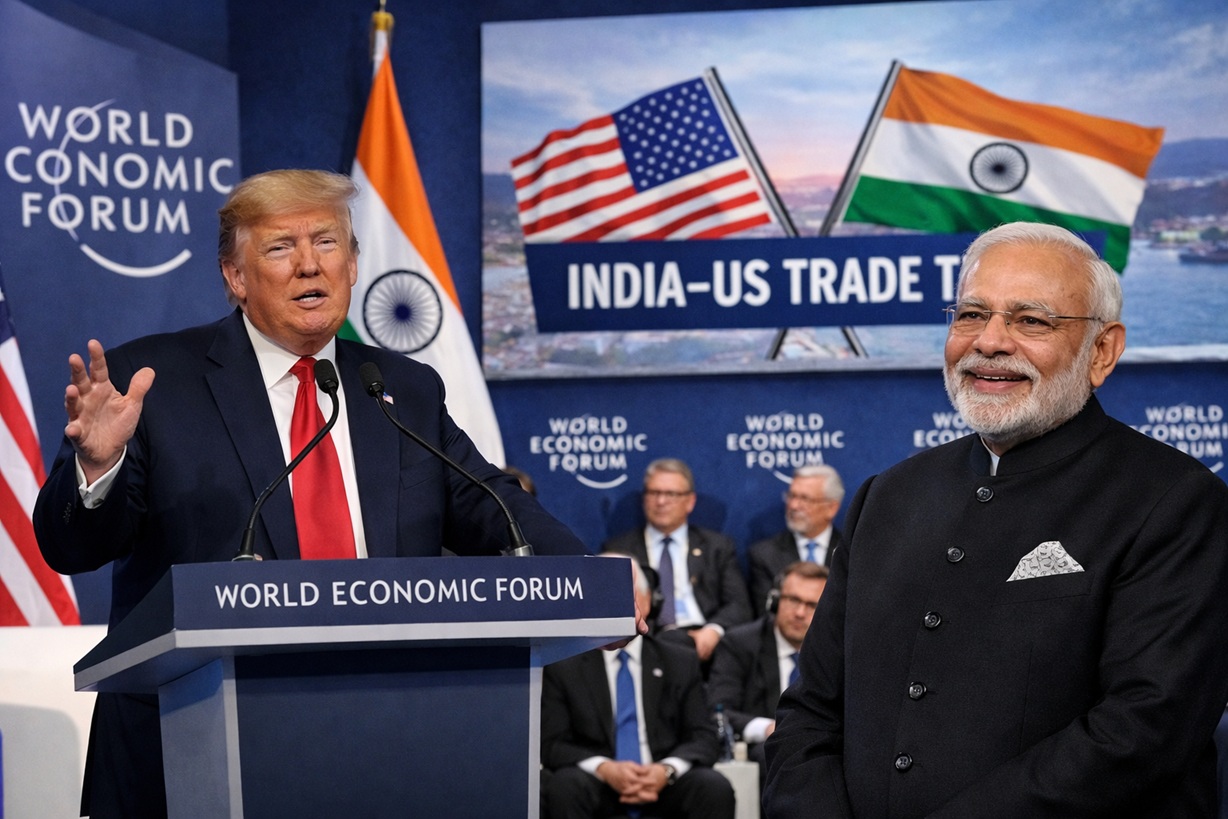The Supreme Court Collegium, headed by Chief Justice of India Sanjiv Khanna, recently summoned Justice Shekhar Kumar Yadav of the Allahabad High Court to explain his controversial public statements. Justice Yadav’s remarks on religious extremism, his endorsement of the Uniform Civil Code (UCC), and his use of the term ‘Kathmul**h’ have sparked widespread debates, dividing opinions across political, legal, and social spectrums.
This controversy raises critical issues about judicial accountability, freedom of expression, and the responsibilities of judges in a pluralistic society like India.
Background and Context
During a recent public event, Justice Yadav expressed his views on various issues, including religious extremism, the UCC, and cultural values. Among his remarks, he referred to certain clerics as ‘Kathmul**h’,’ accusing them of spreading extremism and fundamentalism in the name of Islam.
Justice Yadav clarified that his use of the term was not aimed at religious scholars or Islam as a faith. Instead, he sought to highlight individuals who, in his view, exploit religion for personal or political gains without proper understanding or adherence to its teachings. He juxtaposed these comments with assertions about the peaceful nature of Hindu teachings, further fueling the controversy.
Justice Yadav also advocated for the implementation of the UCC, arguing that laws promoting discrimination should be abolished in accordance with constitutional provisions like Article 13 and Article 44. His remarks linked issues of religious upbringing in certain communities to aggression and radicalization, which critics argue reinforced stereotypes and inflamed communal sensitivities.
The ‘Kathmul**h’’ Debate
1. Meaning and Intent of the Term
The term Kathmul**h’’ is colloquially used in Hindi to describe individuals who claim religious authority but are hypocritical or extreme in their actions.
- Justice Yadav defended his use of the term, stating that it was a critique of radical elements who misuse religion, not a blanket attack on the Muslim community.
- Supporters argue that the term highlights a legitimate concern about individuals spreading radical ideologies.
2. Accusations of Hate Speech
Critics argue that the term is inherently derogatory, targeting a specific religious group and fostering divisiveness.
- Legal experts and activists have questioned whether a sitting judge can make such statements without violating the Code of Conduct for Judges, which mandates impartiality and restraint in public discourse.
- Several petitions have been filed, accusing Justice Yadav of hate speech and calling for his impeachment.
Public Reaction and Criticism
Justice Yadav’s remarks have drawn sharp criticism from senior legal professionals, political leaders, and civil society groups:
- Kapil Sibal, a senior lawyer and former law minister, has led efforts in Parliament and the Supreme Court to hold Justice Yadav accountable. He and other parliamentarians have filed motions condemning the remarks, calling them divisive and unbecoming of a judge.
- Critics assert that Justice Yadav’s comments violate the principles of judicial impartiality and secularism enshrined in the Indian Constitution.
Support and Counterarguments
Amid the backlash, Justice Yadav has garnered support from certain quarters:
- Proponents argue that his remarks were taken out of context and that he exercised his constitutional right to free speech.
- Supporters emphasize that his critique was targeted at radical elements and aligned with the constitutional mandate for a UCC, which seeks to unify personal laws across religious communities.
- Some have accused a “leftist lobby” of unfairly targeting Justice Yadav to suppress dissenting views.
The Supreme Court Collegium’s Role
The controversy escalated when the Supreme Court Collegium summoned Justice Yadav for a personal explanation.
- The Collegium’s involvement reflects the judiciary’s concern about maintaining public trust and upholding the neutrality of judges.
- Justice Yadav’s explanation will play a crucial role in determining whether his remarks crossed ethical boundaries or were misinterpreted in public discourse.
Larger Issues at Play
The controversy highlights several broader issues:
1. Judicial Free Speech and Accountability
While judges are entitled to personal opinions, their public statements are expected to adhere to the principles of judicial impartiality and secularism.
- The incident raises questions about the scope of free speech for judges and the mechanisms available to address perceived breaches.
2. Uniform Civil Code (UCC)
Justice Yadav’s endorsement of the UCC has brought the issue back into focus.
- Supporters argue that the UCC promotes societal harmony and aligns with constitutional principles, while opponents view it as a threat to India’s cultural and religious diversity.
3. Religious Harmony
Given India’s history of communal tensions, remarks targeting specific communities, even if aimed at radical elements, risk being perceived as inflammatory or divisive.
Implications
1. For Justice Yadav
- His remarks have led to calls for impeachment, with critics questioning his impartiality and adherence to judicial ethics.
- The outcome of the Collegium’s deliberations could set a precedent for how the judiciary addresses such controversies in the future.
2. For the Judiciary
- This case underscores the delicate balance between judicial accountability and independence.
- The judiciary’s response will signal how it handles similar issues of public conduct by judges.
3. For Society
- The debate raises important questions about balancing freedom of expression with the need to maintain communal harmony in a pluralistic democracy.
The controversy surrounding Justice Shekhar Yadav’s remarks and the use of the term ‘Kathmul**h’ highlights the complexities of navigating free speech, judicial responsibility, and religious sensitivities in India. While his supporters view his statements as a bold critique of extremism, critics argue that they undermine judicial neutrality and risk inflaming communal tensions.
As the Supreme Court Collegium deliberates on the matter, its decision will have far-reaching implications—not only for Justice Yadav’s career but also for the future of judicial accountability and independence in India. The resolution of this case will shape the contours of judicial ethics and the boundaries of free speech for members of the judiciary in the years to come.





